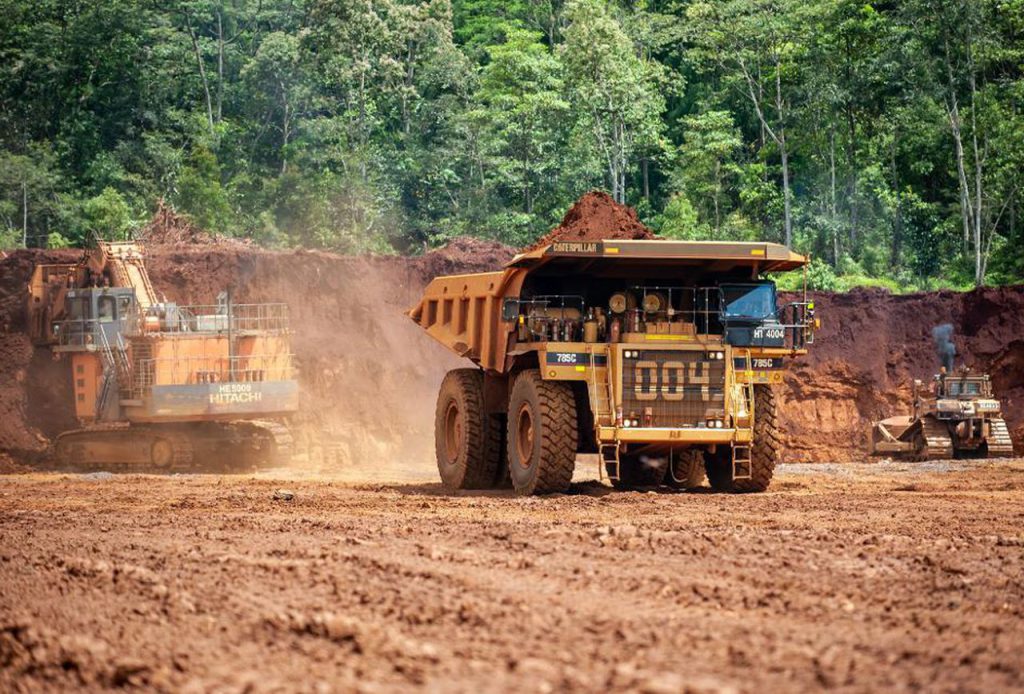Indonesia to trace nickel in bid for US critical minerals deal

Indonesia plans to introduce nickel tracing and push local producers to reach global mining standards to help the country move closer to securing a critical minerals deal with the US.
Each ton of nickel ore sales will be tracked using the SIMBARA portal starting next quarter, Septian Hario Seto, a deputy at the Coordinating Ministry for Maritime Affairs and Investment, said in an interview. Top producers will also be encouraged to get certifications from global entities like The Initiative for Responsible Mining Assurance, he added.
International certification will ensure the companies’ environmental, social and governance practices are recognized, said Seto, who oversees investment coordination and mining at the ministry. “It is for our own interest, regardless of the deal with the US,” he added.
Indonesia is seeking a critical minerals agreement with the US to help realize President Joko Widodo’s goal of building an entire electric-vehicle supply chain onshore by taking advantage of the country’s nickel riches. Jokowi, as the leader is known, met with US President Joe Biden earlier this week and agreed to continue efforts to potentially reach such a deal.
Efforts to trace metals to ensure compliance with environmental and labor standards are also being attempted for tin and cobalt. However, traceability is likely to be very difficult to implement and monitor and would also require buy-in from miners and refiners who would have to bear the extra costs. Indonesia’s mining and metals processing industry is also responsible for much of the country’s emissions.
Chinese dominance
Billions of dollars in investments have poured into the country to refine its nickel into batteries. But the industry is dominated by Chinese companies, placing Indonesian products at risk of being left out of US and European markets.
There are signs that US and European companies are catching up, however. Ford Motor Co. took a stake in an Indonesia battery-nickel plant being built by Vale SA and Zhejiang Huayou Cobalt Co., while BASF SE and Eramet SA are planning to spend $2.6 billion building a nickel-cobalt refinery in the country.
The Southeast Asian nation has taken steps to improve its labor and environmental standards. Earlier this year, the government sent teams to survey smelters across the archipelago to ensure they comply with existing rules, after deadly clashes and accidents plagued several facilities.
(By Eko Listiyorini)
{{ commodity.name }}
{{ post.title }}
{{ post.date }}




Comments